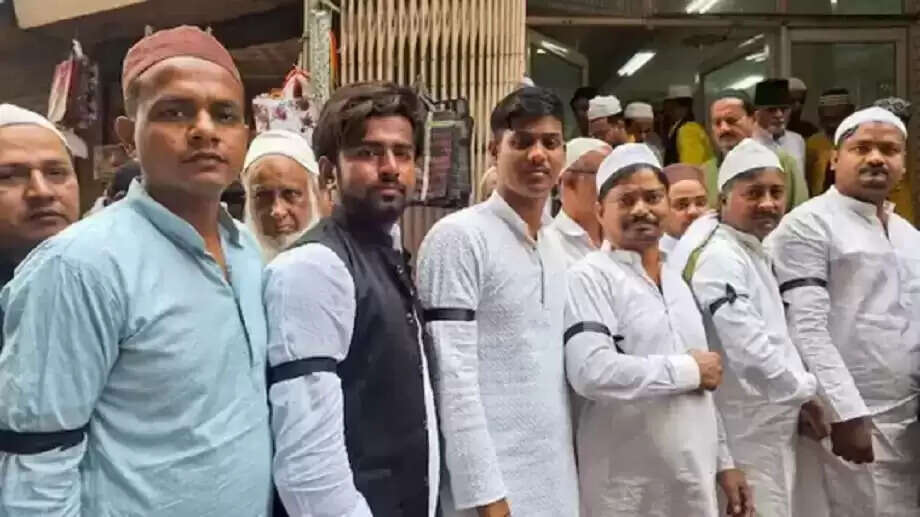Waqf Amendment Bill 2025 Introduced in Lok Sabha Amid Opposition
Introduction of the Waqf Amendment Bill

The Waqf Amendment Bill (2025) was presented in the Lok Sabha on Wednesday. Following the approval of 14 amendments by the Joint Parliamentary Committee (JPC), the bill received the green light from the Modi cabinet. Opposition parties, including Congress, TMC, and SP, have voiced their dissent against this legislation.
Details of the Bill
The central government has reintroduced the Waqf Amendment Bill in the Lok Sabha, with discussions currently underway. This bill was initially proposed in August of the previous year, sparking nationwide protests that led to its referral to the JPC.
After extensive deliberations, the JPC approved 14 amendments proposed by NDA members while rejecting 44 amendments from the opposition. In February 2025, the Modi cabinet endorsed the amended bill, which was subsequently tabled in the Lok Sabha. Here are some key highlights of the bill introduced by Kiren Rijiju:
Key Highlights of the Waqf Amendment Bill
1. The Waqf Board will now be referred to as the Unified Waqf Management Empowerment Efficiency and Development (UMEED).
2. The previous law allowed any individual to donate property to Waqf, provided they were a follower of Islam for at least five years and owned the property. The new bill requires proof of adherence to Islam for five years and ownership without disputes.
3. The new legislation permits appeals related to Waqf matters to be heard by the court even after six months, provided the applicant can justify the delay.
4. Donors must submit comprehensive details of the land allocated to Waqf within six months, with potential extensions granted under certain conditions.
5. The previous law's provision that deemed properties used for charitable or religious purposes as Waqf, even without documentation, will now only apply to properties registered as 'Waqf by User' before 2025, provided there are no disputes.
6. Investigations into Waqf properties will now be conducted by an officer above the rank of collector, who will report to the state government.
7. An online database will provide transparency regarding Waqf land donations, earnings, and the salaries of Mutawallis.
8. Membership of the Waqf Board will not be restricted to Muslims; it will include two Muslim women and two non-Muslim members, ensuring representation from various communities.
9. The bill abolishes Section 40 of the old law, which allowed the Waqf to declare any property as its own.
10. A separate Waqf Board will be established for Bohra and Aagakhani Muslims, a provision not included in the previous legislation.
11. The Central Government will have the authority to establish rules regarding the registration of Waqfs and the publication of accounts.
12. Properties without documentation will no longer be recognized as Waqf land, addressing previous ambiguities.
13. The bill introduces criteria for disqualifying a Mutawalli, including age restrictions and criminal convictions.
14. The Waqf Board must submit a report on management improvements and income within six months to ensure accountability.
Conclusion
PC:Lallantop
